Plastic BioPolymers PE Polyolefins 09-02-2021 - Arhive
Plastic BioPolymers PE Polyolefins
Crude Oil Prices Trend

-LyondellBasell plans to raise March PP prices in US by USD132 per tonne
LyondellBasell intends to increase March polypropylene (PP) prices in North America by 6 cents / lb (USD132 / t) on the back of higher propylene feedstock prices, according to the company’s letter to customers.
According to the letter, the increase is in addition to any previously announced price increases, including the 6 cents per pound increase that the company previously announced in February.
PP demand has been strong in recent months on the back of continued growth in US manufacturing activity. Demand for non-durable goods such as packaging and PP for filaments and fibers has been strong since the start of the pandemic, while demand for durable goods such as automotive parts and home appliances has grown in recent months.
According to the ICIS-MRC Price Review , in the first week of February, the growth of PP spot prices continued on the Russian market, and in many positions it reached record levels. Demand has dropped significantly, for the most part converters are unable to respond quickly to new price levels.
The main driver of PP price growth on the Russian market has recently been external markets. Producers are pushing domestic prices up to export parity.
Major polypropylene producers in the US include Braskem, ExxonMobil, Formosa, INEOS, LyondellBasell, Pinnacle Polymers, Phillips 66, and Total Petrochemicals.
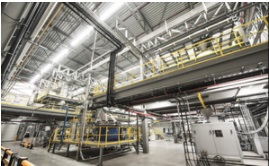
-Cyanobacteria could revolutionize the plastic industry
Microbiologists at the University of Tübingen modify bacteria to produce climate-neutral and rapidly degradable bioplastics
Cyanobacteria produce plastic naturally as a by-product of photosynthesis – and they do it in a sustainable and environmentally friendly way. Researchers at the University of Tübingen have now succeeded for the first time in modifying the bacteria’s metabolism to produce this natural plastic in quantities enabling it to be used industrially. This new plastic could come to compete with environmentally harmful petroleum-based plastics. The researchers, headed by Professor Karl Forchhammer of the Interfaculty Institute of Microbiology and Infection Medicine, recently presented their findings in several studies that appeared in the journals Microbial Cell Factories and PNAS. Plastic BioPolymers PE Polyolefins
“The industrial relevance of this form of bioplastic can hardly be overestimated,” says Forchhammer. Around 370 million tons of plastics are currently produced each year. According to forecasts, global plastic production is set to increase by another 40 percent in the next decade. On the one hand, plastic can be used in a variety of ways and is inexpensive, for example as packaging for food. On the other hand, it is the cause of increasing environmental problems. More and more plastic waste ends up in the natural environment, where it pollutes the oceans or enters the food chain in the form of microplastics. Furthermore, plastic is mainly made from petroleum, which releases additional CO2 into the atmosphere when it is burned.
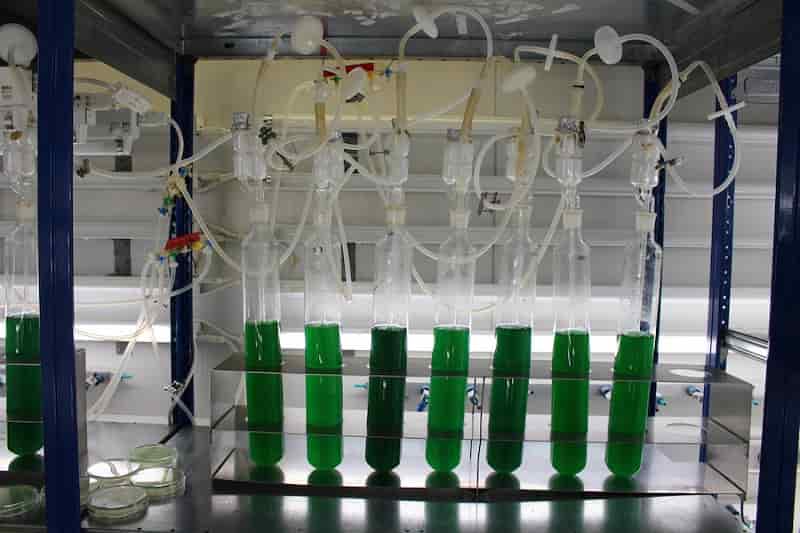
-February styrene contracts in the US are up
US styrene contracts in February were up from January due to continued supply shortages, higher production costs and strong demand, ICIS reported .
The increase in the contract price is due to higher spot prices and more expensive raw material costs. Spot prices continued to rise in January and February due to lack of supply. US shipments declined in the fourth quarter due to business disruptions and strong demand in Asia, which boosted US exports. In addition, the two factories will stop production for repairs in February.
Raw material costs have also increased. The January US ethylene contract rose to a six-year high amid high spot prices, supply constraints and strong demand. Also, the February contract prices for benzene in the United States fell 2% from the previous month on the back of a decline in spot prices. Plastic BioPolymers PE Polyolefins
Earlier it was reported that the contract price of styrene monomer in Europe was finally agreed at the level of EUR1 050 per tonne for February deliveries, which is EUR24 per tonne higher compared to the level of the previous month.
Styrene is the main raw material for the production of polystyrene (PS).
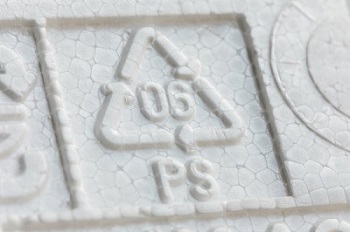
-SCG Looks to Commercialize Chemical Recycling
Tagged With: chemical recycling, Circular Plas, recycling, SCG, SCG Chemicals, Siam Cement, strategy, thailand Plastic BioPolymers PE Polyolefins
Thailand’s Siam Cement Group (SCG) is aiming to commercialize chemical recycling, in which used plastics are decomposed by heat and turned back into monomers to be reused as feedstock for chemicals. The group is currently investing management resources in chemical recycling as a core project for achieving a circular economy – and in the near future, it aims to expand its efforts here up to a commercial scale.
SCG has already completed a demonstration facility in Thailand’s Rayong Province. Boasting a capacity of 4,000 tons of renewable feedstock per year, this facility is operated by Circular Plas Co. Ltd., a joint venture between SCG and a Thai startup focused on developing recycling technology.
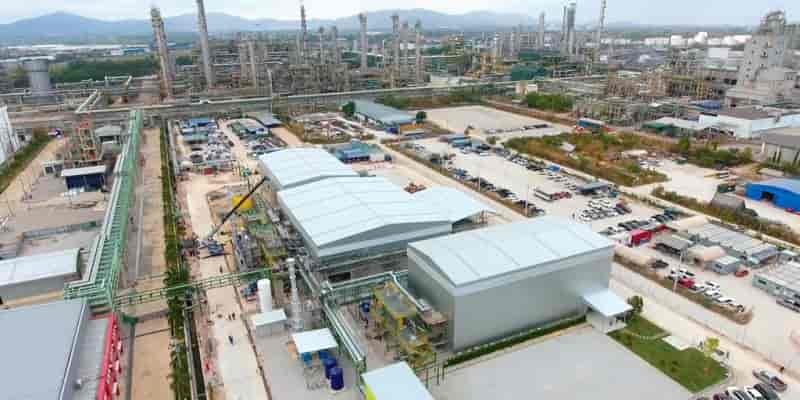
-SONGWON announces global price increases for its polymer stabilizers
Ulsan, South Korea – February 08, 2021 – SONGWON Industrial Co., Ltd. announced today that prices for all its polymer stabilizers products will be raised by up to 10%, depending on the product line and region. Plastic BioPolymers PE Polyolefins
This additional upward price adjustments are necessary due to higher raw material, energy and logistics costs and follows the price increases related to freight rates surge already announced in December 2020.
The price increase is effective immediately or as contracts allow.

–US Fund takes control of AMB ( Italian Language Only)
Peak Rock Capital joins the Marin family and the management in the shareholding structure of the Friulian packaging manufacturer.
AMB The Friulian manufacturer of flexible food packaging AMB has passed under the control of a private fund managed by the US investment company Peak Rock Capital, which joins the Marin family and management. The move will not lead to changes in the Board of the company, consisting of Bruno Marin as CEO, Giles Peacock as COO, Paolo Cescutti (CPO) and Rolf Liebfried (CFO). Plastic BioPolymers PE Polyolefins
“This agreement represents a further step forward in our growth plans, probably the most important in our history – underlines Bruno Marin, CEO of AMB -. In over 50 years, AMB has achieved this milestone, thanks to talented people and without ever losing sight of our goals. Peak Rock Capital is a historically active investor in our market, he knows both our business and the growth potential of our company. ”
“AMB represents a stimulating investment opportunity for us – adds Alex Dabbous, CEO of Peak Rock Capital Europe -. We are thrilled to support the Marin family and the management of the company, which has shown great talent, in their strategic objectives of geographical expansion, acquisition of new customers, product innovation and further achievements. ”
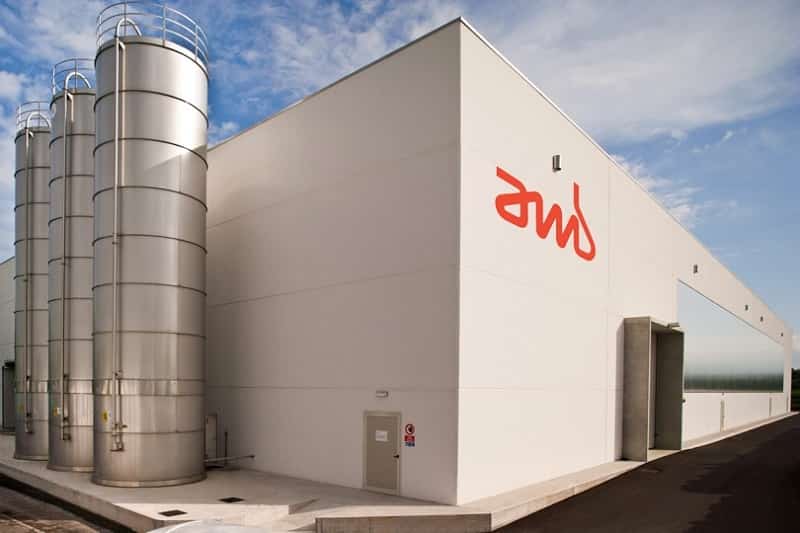
SYNERXIA® SAPPHIRE and SYNERXIA® RUBY, best-in-class yeasts, deliver combination of both yield and robustness to ethanol producers
DuPont Nutrition & Biosciences today announced the launch of the SYNERXIA® Gemstone Collection, the next advancement in high-performance yeasts. The new collection from the XCELIS® platform includes SYNERXIA® SAPPHIRE and SYNERXIA® RUBY – two innovative, high-yield yeasts designed for the unique needs of ethanol producers. Plastic BioPolymers PE Polyolefins
This marks the first time that DuPont has co-launched two high-yield yeasts. SYNERXIA® SAPPHIRE brings the most powerful combination of yield, robustness and enzyme expression in a yeast. It offers enhanced ethanol yield increase paired with revolutionary thermotolerance and infection robustness in fermentation and has been genetically engineered to withstand harsh stressors, while still finishing fermentation with ultra-low DP1.

-Injection molding process offers cost savings for interior soft skins
Kraton Corporation, a US producer of specialty polymers and bio-based products derived from pine wood pulping co-products, has announced the first use of its IMSS (Injection Molded Soft Skin) technology in an automotive application. The interior of the Buick GL6, a joint project between Chinese firm SAIC and GM, features the material for its interior trims. Plastic BioPolymers PE Polyolefins
IMSS utilizes the company’s ultra-high flow thermoplastic elastomers, belonging to the hydrogenated styrenic block copolymers (HSBC) family. Unlike traditional PVC soft skins, HSBC-based soft skins allow injection molding of large, thin-walled parts, such as instrument panel skins, Kraton explains. It notes that they provide lower odor, fogging and VOCs coupled with better aging, subsequently improved safety performance, and lower specific gravity. Furthermore, they contain no added plasticizer, phthalates, or cross-linking agents.

-Breakthrough Innovations Enhancing Plastics Degradation
The omnipresent influence of plastics in modern lifestyle has led to the production of about 300 million tons of fossil fuel-based plastics annually, according to the UN. About half of the total plastics produced till date are thrown away after a single use, and about 60% of the waste ends up in landfills or accumulates in the environment.
Reportlinker.com announces the release of the report “Breakthrough Innovations Enhancing Plastics Degradation” – Plastic BioPolymers PE Polyolefins
It is predicted that by 2050, the amount of plastic waste generated will be more than 1,200MMT per year.This makes plastics a major contributor to land and marine pollution and poses a big threat to the biodiversity.
Although plastic recycling technologies are introduced 2 decades ago, they still haven’t witnessed the wide-scale adoption.Plastic recycling technologies often face challenges to efficiently and economically convert plastic waste into a valuable resource and the plastic waste invariably ends up in the landfills or washes away to the nearby water resource and resides as micro-plastic.

-Eastman offers details on $250M depolymerization plant
Eastman’s plastics sorting capabilities and complementary chemical recycling technologies will help it cost-effectively secure the ample feedstock supply needed for a huge methanolysis plant, the company’s CEO said.
Eastman Chemical Co. announced it will invest $250 million over two years to build a methanolysis plant at its Kingsport, Tenn. facility. The company described the plant, which will have an annual capacity of over 100,000 metric tons at full build-out, as “one of the world’s largest plastic-to-plastic molecular recycling facilities.”
Methanolysis is a process through which scrap PET is heated and treated with methanol. The process breaks down the plastic into its component monomers, dimethyl terephthalate (DMT) and ethylene glycol (EG), which are purified and used to make new plastic. Eastman calls its technology “polyester renewal technology.”
The company expects construction of the new plant to start in March 2021 and finish by the end of 2022. Plastic BioPolymers PE Polyolefins
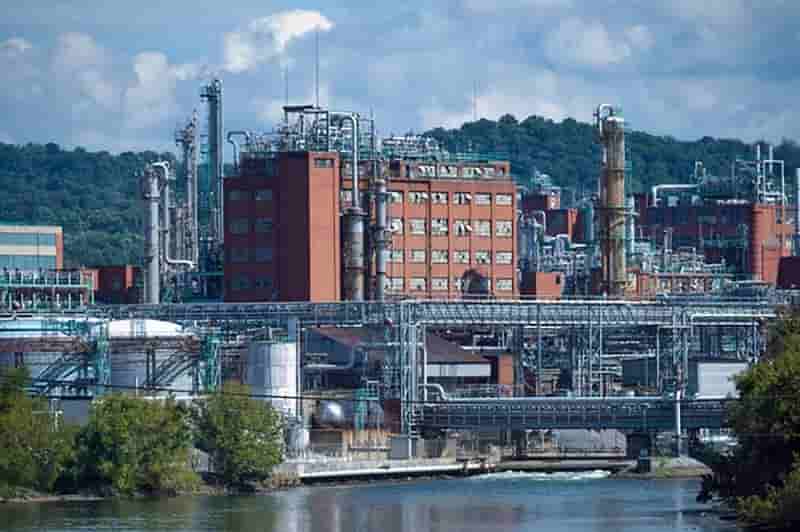
Plastic BioPolymers PE Polyolefins
